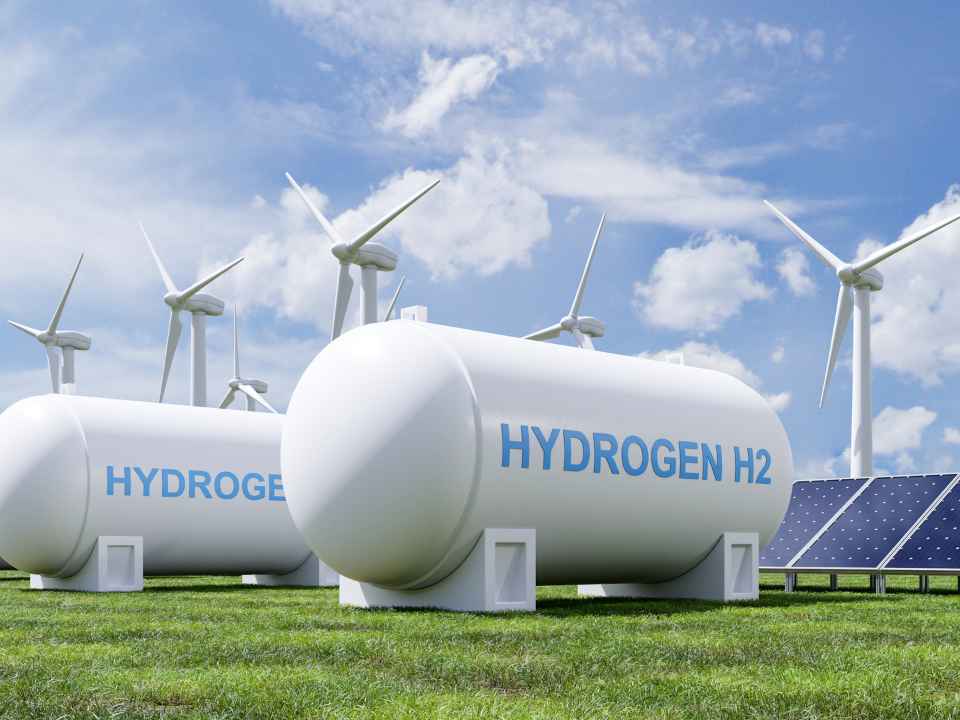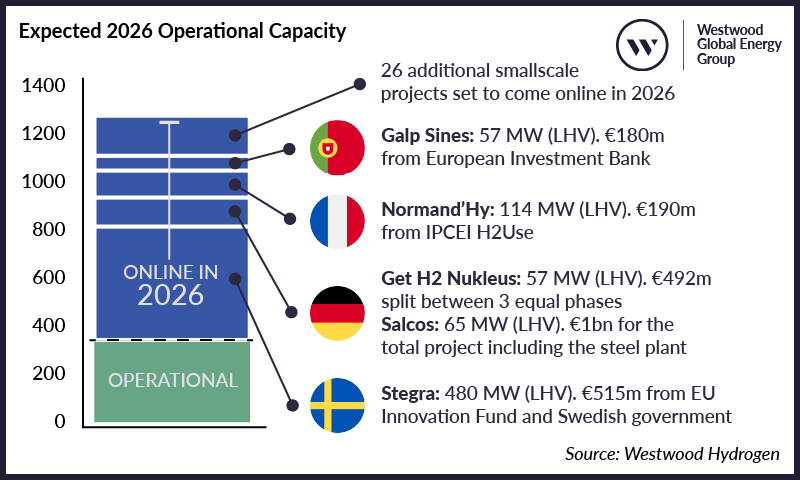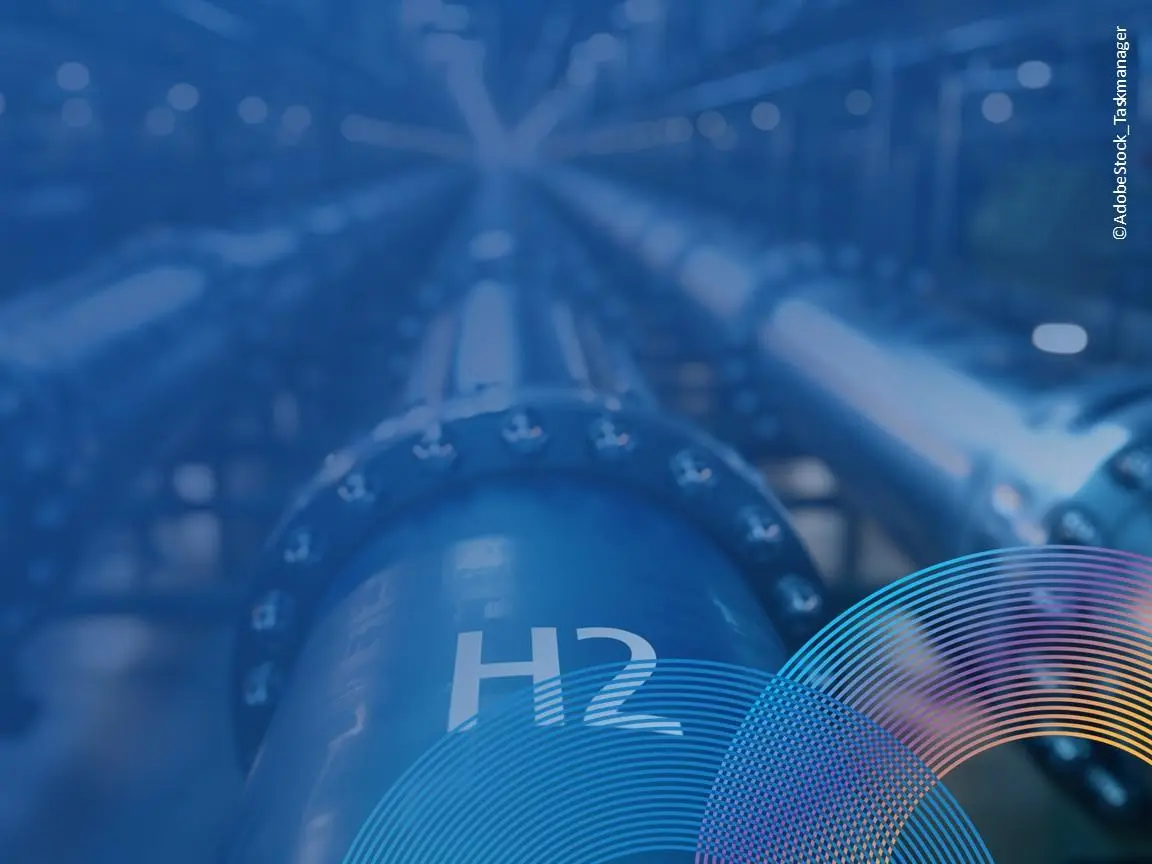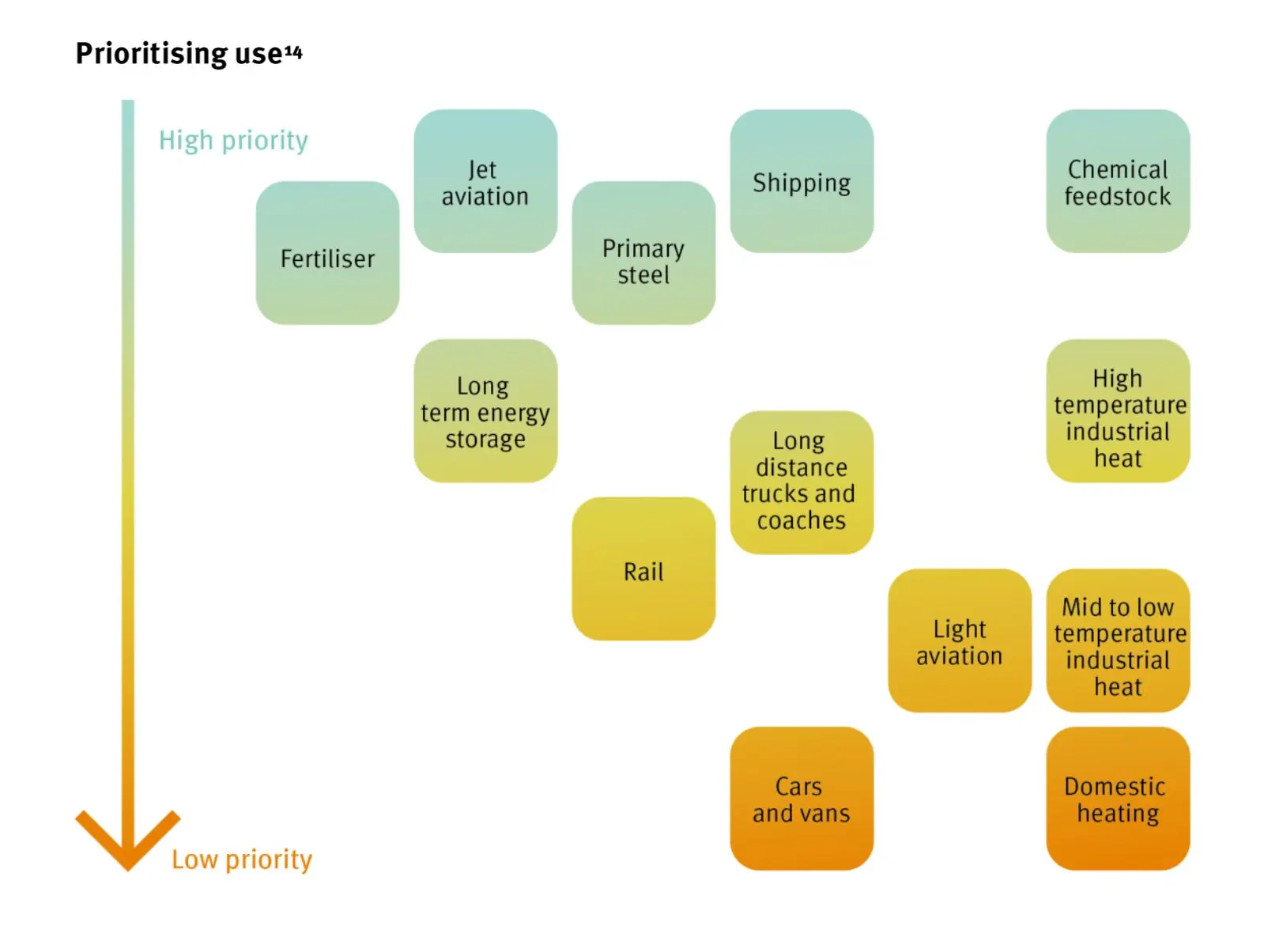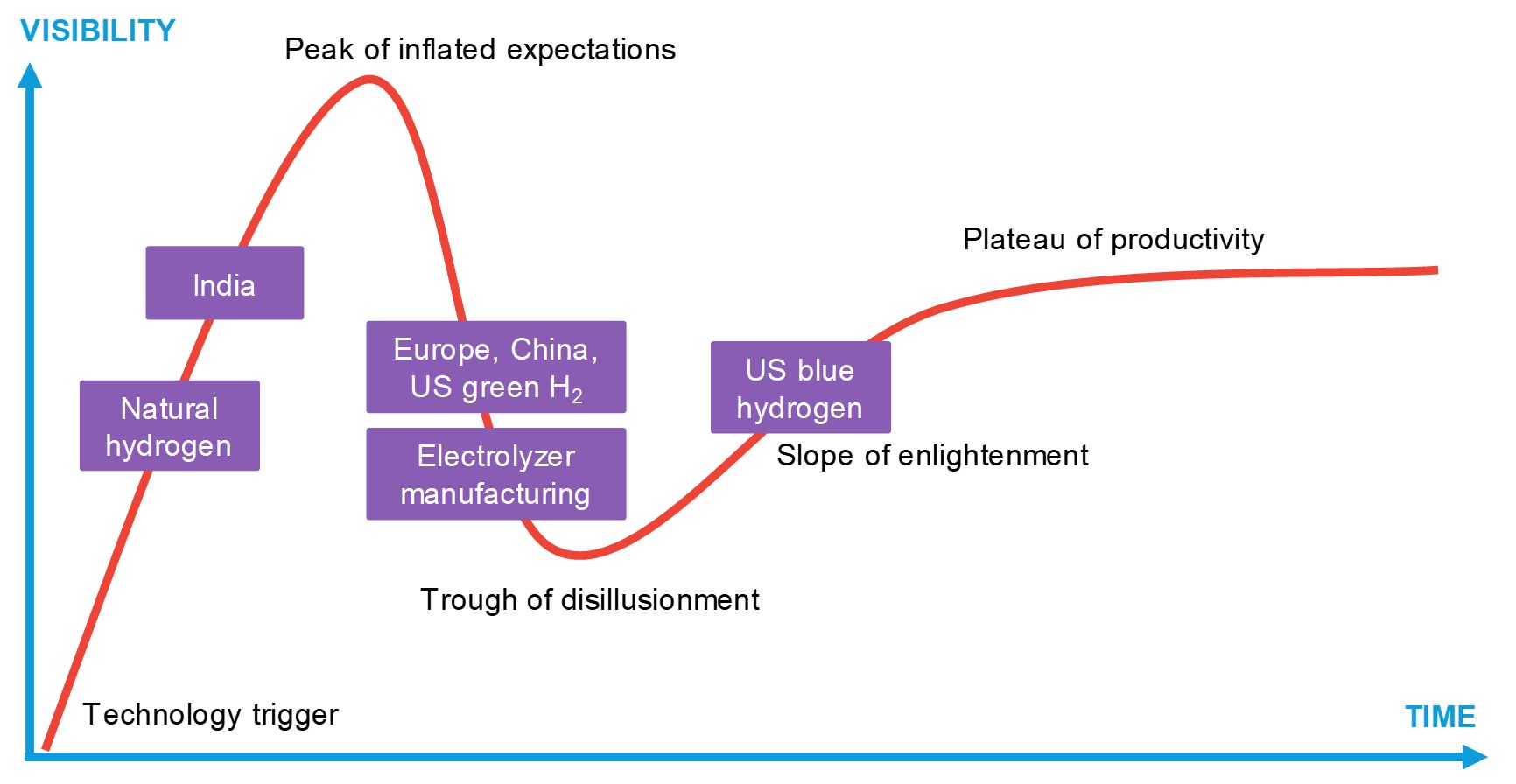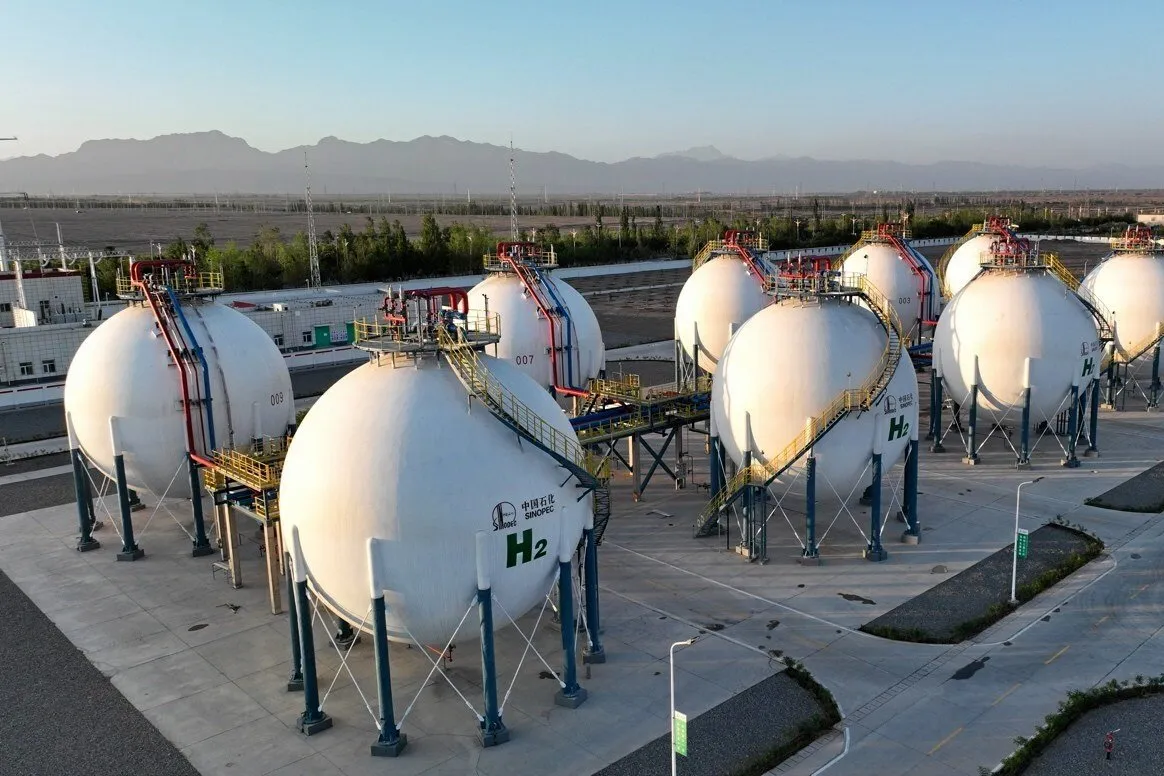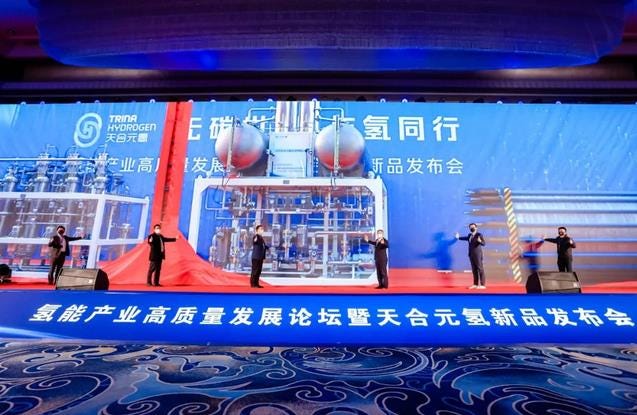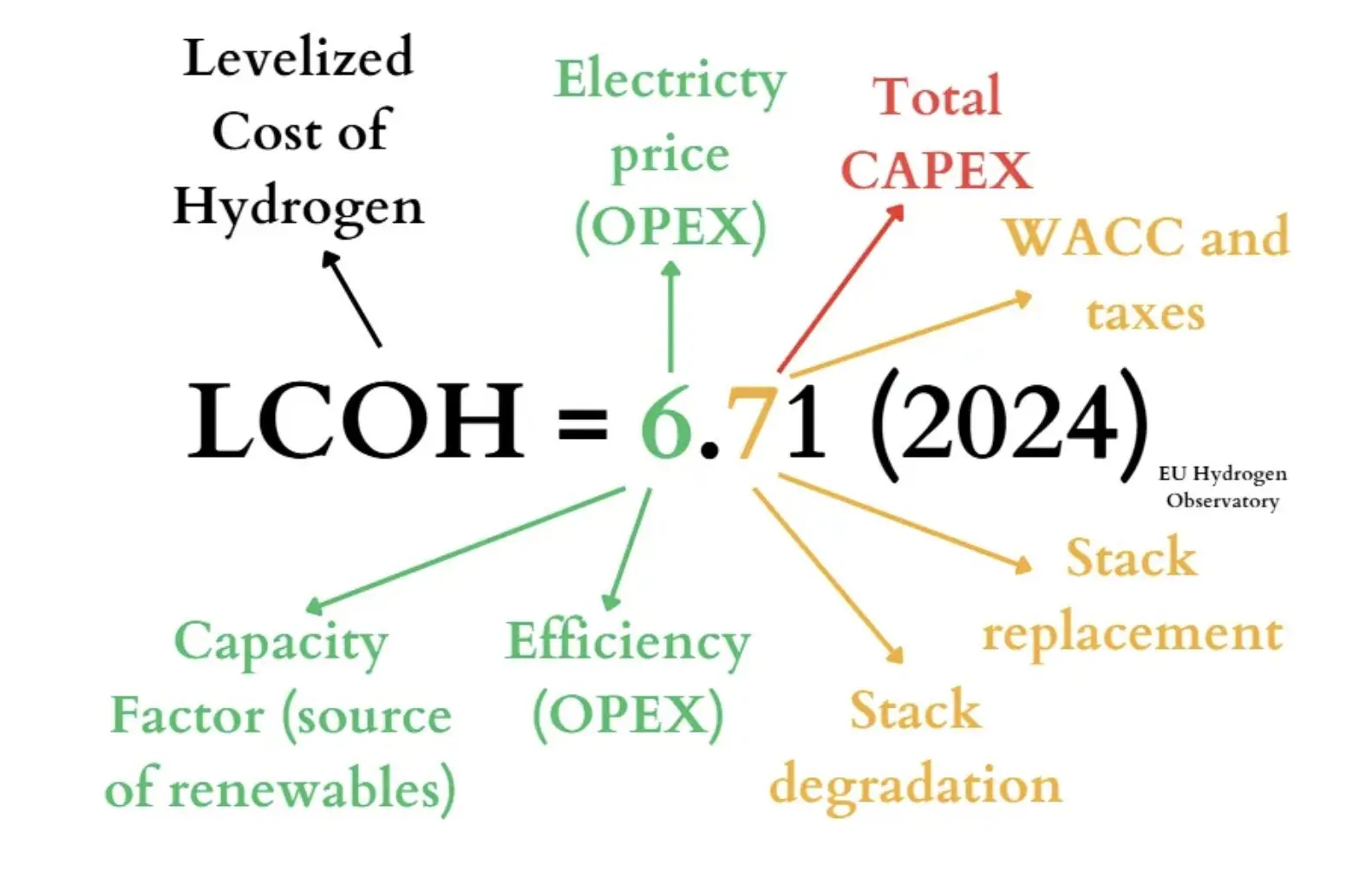
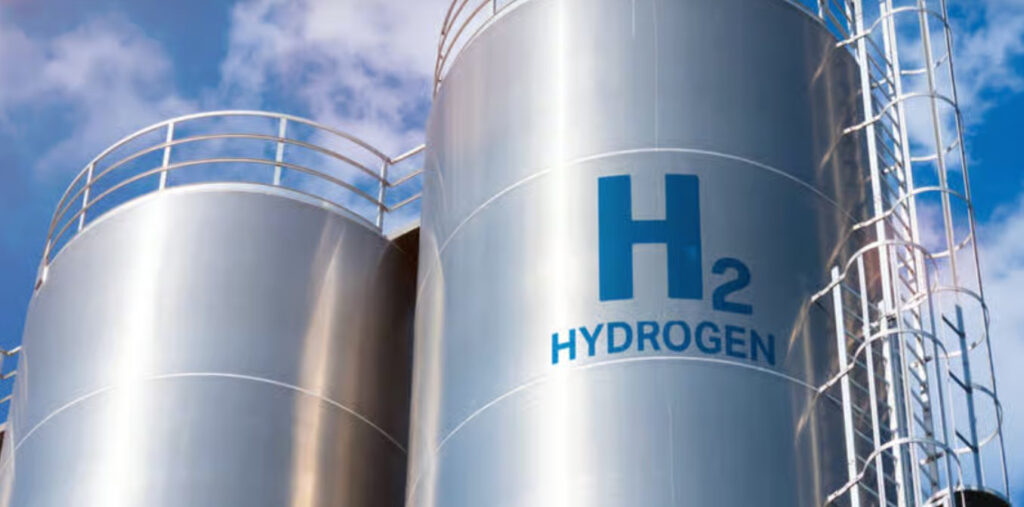
France has opened a consultation on a proposed 1.5pc renewable hydrogen quota for the transport sector by 2030, and hefty penalties to back this up.
The country’s ecological transition ministry has proposed a mechanism for reducing emissions in the transport sector called IRICC. This would replace the existing Tiruert system and would, among other measures, introduce specific quotas for use of renewable and low-carbon hydrogen.
The proposed regulations set specific quotas for greenhouse gas (GHG) emissions reductions that fuel suppliers would have to meet across different transport sectors in 2026-35.
In line with requirements of the EU’s renewable energy directive (REDIII), it also sets specific sub-quotas for renewable fuels of non-biological origin (RFNBOs), which are effectively renewable hydrogen or derivatives.
These would start at 0.1pc in 2026 and rise steadily to 1.5pc by 2030 and to 2pc by 2035. This does not factor in double-counting, which the EU rules allow, meaning the quotas should reflect the actual share of RFNBO supply delivered to the transport sector.
France’s target exceeds the minimum 1pc requirement under EU rules, which effectively constitute a minimum share of only 0.5pc when factoring in the possibility for double-counting.
Some EU members have set more ambitious targets. Finland is aiming for a 4pc quota by 2030. But others, like Denmark, are planning a less ambitious implementation of EU rules, which has drawn the ire of domestic hydrogen industry participants.
France’s proposed quota is not set in stone as it is seeking feedback on whether a 0.8pc quota would be preferable.
The consultation text does not specify if Paris would allow renewable hydrogen used to make transport fuels in refineries to be counted towards the targets with or without a so-called correction factor.
The document foresees specific targets for use of synthetic fuels “produced with low-carbon electricity” in the aviation and maritime sectors. For aviation these would be 1.2pc for 2030, 2pc for 2032 and 5pc for 2035 — broadly in line with mandates from the EU’s ReFuelEU Aviation legislation. Crucially, these mandates can be fulfilled with renewable supply and with aviation fuels made with nuclear power. Unlike for other EU targets, the ReFuelEU Aviation rules provide this option, leaving France in a promising position to become a major producer of synthetic aviation fuels thanks to its large nuclear fleet.
The EU has not yet set binding targets for synthetic fuels in the maritime sector, but the French proposal foresees quotas of 1.2pc for 2030 and 2pc for 2034.
The new mechanism will arguably allow for trading of GHG emissions reduction and fuel supply credits, similar to Tiruert, although the consultation document does not detail this specifically.
Hefty penalties for non-compliance could ensure that obliged parties meet their quotas.
The ministry is proposing a penalty of €80 ($89) for each GJ that fuel suppliers fall short of their RFNBO quotas. This would equate to around €9.60/kg, based on hydrogen’s lower heating value of 120 MJ/kg. It is broadly in line with penalties set by the Czech Republic, but considerably higher than those in Finland.
Crucially, the penalties would be in addition to potential fines for falling short of the larger GHG emissions reduction targets. Companies could additionally incur penalties of €700/tonne of CO2 they fail to avoid short of their requirements.
Stakeholders can respond to the consultation until 10 June.
By Stefan Krumpelmann and Pamela Machado
Source: Argus Media


